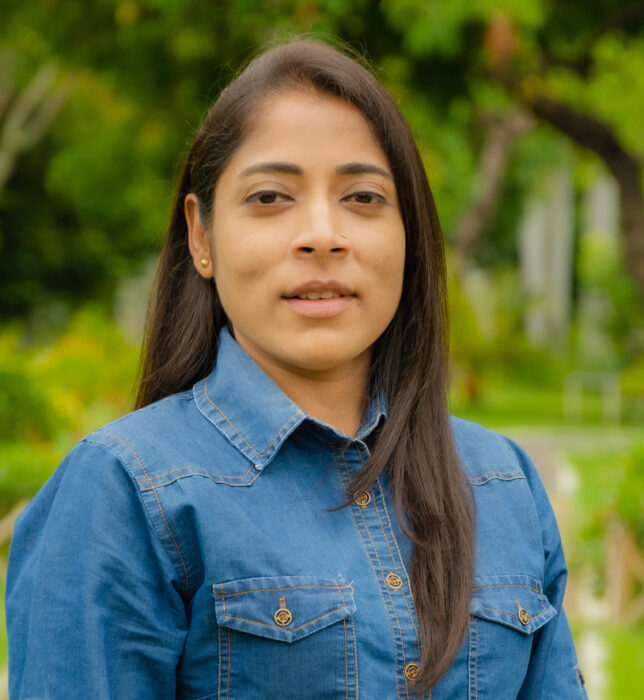
As we commemorate the independence of Mauritius, it is essential to recognize the pivotal role of Sir Seewoosagur Ramgoolam in leading our small paradise island toward freedom from colonial rule. His unwavering dedication and vision laid the foundation for our nation’s sovereignty and autonomy, marking a significant chapter in our history.
However, as we proudly declare ourselves independent, it becomes increasingly evident that independence does not equate to complete freedom for all in our society. Despite breaking free from external colonization, we find ourselves bound by other forms of servitude, leading to the sobering reality that many refer to us as “modern slaves”.
The daily struggles faced by our people underscore the paradox of our so-called independence. The burden of working tirelessly to sustain a decent and peaceful life is compounded by the escalating cost of living. The growing chasm between the affluent and the disadvantaged has exacerbated socio-economic inequalities, perpetuating a cycle where the rich become richer, and the poor become poorer.
While extravagant displays of authority’s capabilities may dazzle the public eye, the tangible impact of such showcases remains elusive, failing to address the pressing needs of the marginalized. Instead of lavishing millions on superficial grandeur, a more righteous allocation of these resources toward uplifting the underprivileged could pave the way for a more inclusive and equitable society.
Moreover, the plight of women in our society casts a shadow on the notion of true freedom. Despite our claims of progress, the patriarchal undercurrents persist, subjecting women to unjust scrutiny and discrimination. In the workplace, women are often unjustly interrogated about their family planning decisions, an imposition not levied on their male counterparts. Single mothers endure additional hardships, shouldering responsibilities without reaping the benefits of genuine independence, while absentee fathers escape accountability.
In essence, the disparity in the treatment and opportunities afforded to individuals highlights the absence of a truly egalitarian form of independence. Our collective journey toward freedom must transcend mere national liberation and extend to the emancipation of every member of our society. It is incumbent upon us to dismantle traditional prejudices and foster an environment where every individual, regardless of gender or social standing, can fully experience the liberties that independence should entail.
As we reflect on the legacy of our forefathers, let us recommit ourselves to building a Mauritius where independence embodies genuine empowerment for all. By fostering a culture of empathy, equality, and responsible governance, we can aspire to realize a future where the promise of independence is not merely symbolic but deeply rooted in the everyday lives of our citizens. Together, let us strive for a Mauritius where the principles of freedom and justice are upheld in every facet of our society.
It is only through such a concerted and conscientious effort that we can truly honor the spirit of independence and pave the way for a brighter and fairer future for generations to come.